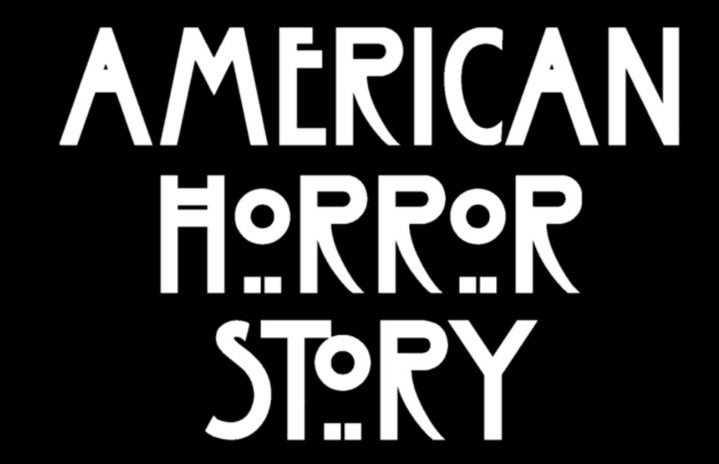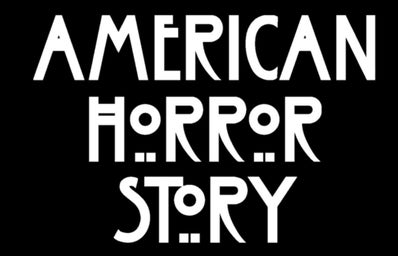I’d say I’m an avid American Horror Story fan. I love Evan Peters and naturally idolize Murder House. I always find it hard to explain to newcomers that it actually isn’t all that scary. I can’t fully explain the appeal but it’s just one of those shows you just can’t help but binge-watch. I could go on and on about the complex storylines and overlapping characters or even the incorporation of unexpected celebrities. Perhaps the most impressive aspect is each actor’s flexibility and capacity to fulfill a variety of roles throughout the seasons. One season you might find yourself despising one actor and the next season find yourself sobbing over their murder.
American Horror Story has been producing new seasons annually since 2011. As a result of the pandemic, the show took a brief hiatus from filming and refrained from releasing new episodes last year. However, fans (myself included) were elated when it was announced that this fall they would be releasing a double featured season as well as a new series, American Horror Stories, which indulges in individual short stories.
The first part of the double feature goes by the name “Red Tide”. After 10 seasons of ghosts, witches, cults, and more, it was time for AHS to jump into the realm of vampires. However, it does so in a rather modernized manner that appears to critique the media and the elite. Instead of turning towards gothic horror and medieval European tales of vampires, the season focuses on the Cape Cod town of Providence, Massachusetts.
The town is inhabited by man-made bloodsuckers. In order for someone to become a vampire, they must take a pill manufactured by a mysterious chemist with a Harvard degree. Those who are destined for greatness flourish and those who are not withering away as bald and lifeless monsters. Nevertheless, they both have the same blood-sucking fate.
The design of the story appears to comment on several things. The first is the eerie nature of summer towns in the winter and the loneliness encompassed there. It further points to the ways in which the wealthy are able to transform pockets of land. Several times throughout the season there is concern about the crime rate and how it would influence summer traffic. Ultimately, Provincetown law enforcement chooses to look the other way in order to preserve the well-being of the town. This once again demonstrates the grasp that the rich can have on those who essentially depend on their money.
The second critique is directed more towards the public eye. All who are successful on the pill become tyrannic and manipulative Hollywood moguls. They suck the life out of others for their own benefit and often target individuals who they remark as people who won’t be missed. Their egos are evidently through the roof. This hones in on Hollywood stereotypes of the self-centered nature of many celebrities. The show also comments on the exploitative structure of the media. Throughout the series, Martha, the manager of one of the successful pill takers, is constantly manipulating her way through the other characters and doing things like pressuring her client to leave his wife and kill her. In the end, she ends up abandoning her client as well as the other pill takers and teams up with the chemist to take over Hollywood. Martha is incredibly sneaky and self-centered. Her character is used as a gateway to comment on the deceptive tactics and motives of both the rich and the famous.
Overall, the design of American Horror Story Double Feature is incredibly captivating, but I would recommend paying attention to the hidden commentary as it makes the show even more fascinating and worthwhile.


